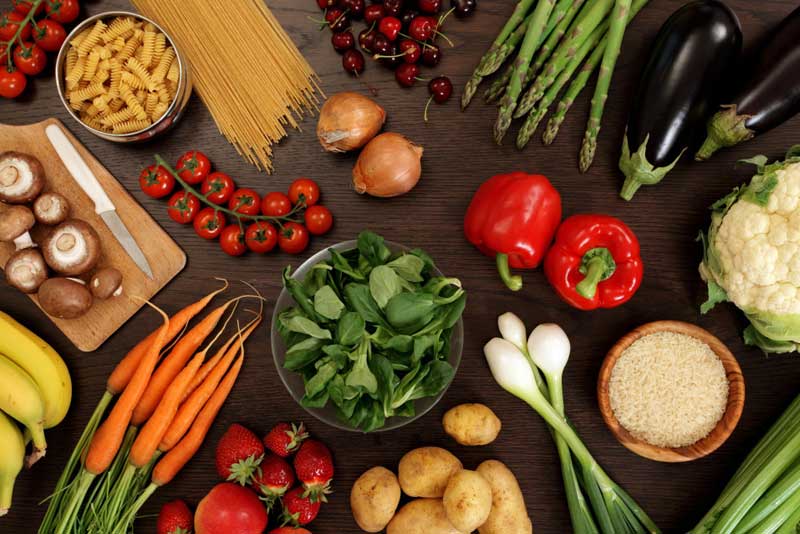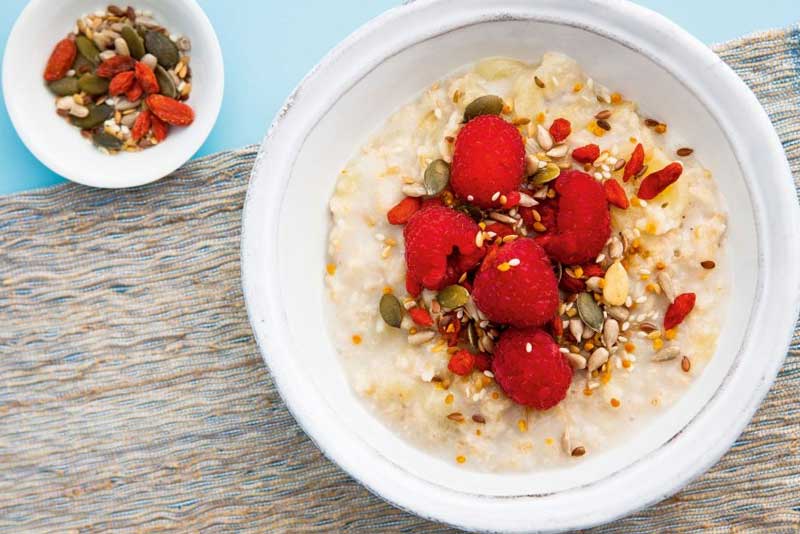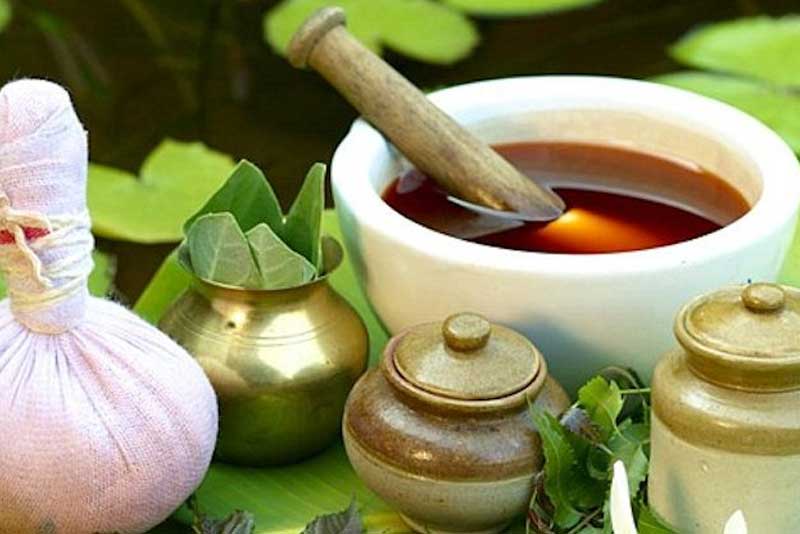
For Men, More Veggies May Mean Less Memory Loss
A new analysis of the Health Professionals Follow-Up Study finds that participants with diets high in vegetables and fruits had less cognitive decline.
Memo to men: As you’re reminding your kids or grandkids to eat their vegetables, take some of your own advice. It may reduce your risk for memory loss later in life.
That seems to be the take-home message of a recent study, published on November 21, 2018, in the journal Neurology. For the project, which was funded in part by the National Institutes of Health, researchers at the Harvard T.H. Chan School of Public Health in Boston analyzed the results of repeated diet assessments done as part of the Health Professionals Follow-Up Study.
In that study, more than 27,000 adult men (average age at the study start: 51 years) — all of whom were healthcare professionals — filled out questionnaires on their consumption of fruits, vegetables, and other foods five times over a 20-year period. Study participants also filled out questionnaires about their thinking and memory skills twice during the course of the study.
The researchers found that the men in the study who consumed the most vegetables (6 servings of either 1 cup of raw vegetables or 2 cups of leafy greens per day) were 34 percent less likely to develop poor thinking skills than the men who consumed the least amount of vegetables (just 2 servings per day). In all, 6.6 percent of men who consumed the most veggies developed poor cognitive function, compared with 7.9 percent of men who consumed the least.
Orange Juice, or Oranges, May Help, Too
In addition, the researchers noted that men in the study who drank orange juice every day reduced their risk for developing poor thinking skills by 47 percent compared with those who drank less than a serving per month. Among study participants, 6.9 percent who drank orange juice every day developed poor cognitive function, compared with 8.4 percent who drank it less than once a month.
This may be because orange juice is a “major source of the carotenoid beta-cryptoxanthin,” which has been linked with cognitive function, in a study published in 2013 in the Journal of Aging Research, says Changzheng Yuan, ScD, coauthor of the new study. “Since fruit juice is usually high in calories from concentrated fruit sugars, it’s generally best to consume no more than a small glass, or 4 to 6 ounces, per day. Even better is choosing the whole piece of fruit instead, which contains the added benefit of fiber.”
To that point, the men in the study who ate the most fruit each day were also less likely to develop poor thinking skills, but because these men were also high consumers of vegetables and orange juice, among other healthy dietary choices (such as unrefined grains, legumes, and certain dairy products), the authors were unable to draw any firm conclusions regarding fruit eaters.
Do the Benefits of Vegetable and Fruit Intake Apply to Women?
“Long-term intake of vegetables, such as green leafy, dark orange, and red vegetables; fruit, such as berries; and fruit juice may be beneficial for late-life subjective cognitive function among men,” says Dr. Yuan. “However, our study participants were a large group of male health professionals followed from middle to late adulthood. Thus, the results may not apply to women and other groups of men, or others.”
Indeed, it’s worth noting that by the end of the study, participants were, on average, 73 years old, and 55 percent of them were found to have good thinking and memory skills; only 7 percent were deemed to have poor thinking and memory skills.
And Yuan’s team’s study doesn’t show that eating fruits and vegetables and drinking orange juice reduces memory loss; it only demonstrates that there seems to be a relationship between consumption and the risk for cognitive decline in men.
“For our future research, we plan to replicate these [findings] in another large study including women, the Nurses’ Health Study,” she says. “In addition, we will explore which nutrients in vegetables and fruits mainly contribute to the association with [reduced risk of memory loss].”








